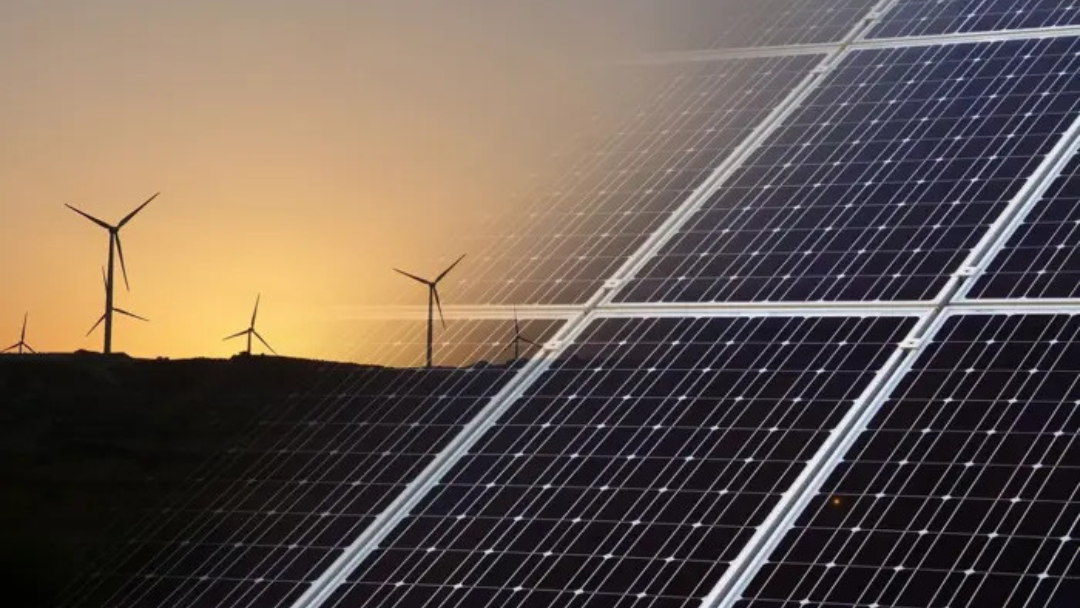IN the heart of South-East Asia, Malaysia is orchestrating a bold symphony of digital growth and renewable energy expansion.
The country’s ascent as the region’s fastest-growing data centre hub is not just reshaping its digital landscape – it’s catalysing a green revolution in its energy sector. At the crescendo of this transformation stands the Corporate Renewable Energy Supply Scheme (CRESS), a groundbreaking initiative that promises to harmonise Malaysia’s burgeoning digital economy with its ambitious sustainability goals.
The digital surge and the energy imperative
As Malaysia cements its position as a digital powerhouse, the energy-intensive nature of data centres presents both a challenge and an opportunity.
The Madani government’s introduction of CRESS in May 2024 is a timely response to this surging demand for electricity.
Deputy Prime Minister Datuk Seri Fadillah Yusof’s announcement of the scheme marks a paradigm shift in Malaysia’s energy landscape, opening doors for third-party energy providers and setting the stage for a more decentralised electricity market.
Breaking the monopoly: A new era of energy distribution
The clarification on Third Party Access (TPA) is nothing short of revolutionary.
Independent power producers can now supply electricity directly to their customers using Tenaga Nasional Bhd’s (TNB) transmission lines. This move not only diversifies the energy supply chain but also injects a dose of healthy competition into a previously monopolistic sector.
Fadillah’s assurance that the single buyer and the grid system operator will operate independently of the electricity utility company (EUC) is a masterstroke in market liberalisation.
It’s a clear signal that Malaysia is serious about creating a level playing field in its energy sector, one that could attract both domestic and foreign investments.CRESS: A work in progress
The release of the first edition of the CRESS guidelines in September 2024 was a commendable step, but it also unveiled several challenges that need addressing.
The role and operation of Battery Energy Storage Systems (BESS), crucial for managing the intermittency of renewable energy sources, emerged as a key point of contention.
The BESS conundrum
Who should own and operate these systems?
Who bears the financial and operational risks?
These questions are not just technical – they’re fundamental to the bankability of renewable energy projects under CRESS.
Financiers are understandably cautious about backing projects with undefined risk profiles.
If renewable energy (RE) developers are expected to finance these storage systems, it raises concerns about the BESS quality and of its efficiency.
The energy sector is no place for a “build it and forget it” approach. Long-term stability and reliability must be at the forefront of any energy infrastructure planning. Grid resilience is the challenge presently.
Broadening the renewable horizon
While the Energy Commission provided some clarity on the participation of non-solar RE technologies like biomass and biogas, confusion still lingers.
The stipulation that green energy producers should be at least 30MW seems at odds for the current and future Feed-in Tariff (FIT) scheme for smaller plants to participate.
The option of FIT and/or large-scale solar contract switching should also be viewed seriously.
This would present an opportunity for Malaysia’s Sustainable Energy Development Authority to realign its new FIT schemes to act as grid firm support mechanisms thus freeing more resources for RE nascent technologies
By shifting mature technologies off the FIT scheme, it would allow these resources in the form of the monthly 1.6% Kumpulan Wang Tenaga Boleh Baharu collection to be redirected to nurture emerging technologies like low-speed wind or ocean thermal energy conversion.
Legal safeguards: The missing piece
One of the more contentious elements of the CRESS guidelines is the waiver clause that limits participants’ legal recourse against key entities in the event of disputes.
This blanket waiver is a potential deterrent for companies, especially foreign data centre operators, looking to participate in CRESS.
The issue is further complicated by the potential dual role of EUCs, as an uptaker and supplier of last resort and its role as an RE developer, when contractual disputes occur with green consumer.This raises legitimate concerns about conflicts of interest and the protection of consumer rights in an increasingly deregulated market.
Nirinder Singh Johl is the founder and CEO of Asia Carbonx Change Plt. He was formerly the managing director of TNBX, a subsidiary of TNB. The views expressed here are the writer’s own.
This article was originally published in The Star on the 10th of October 2024. You can visit the article here.



